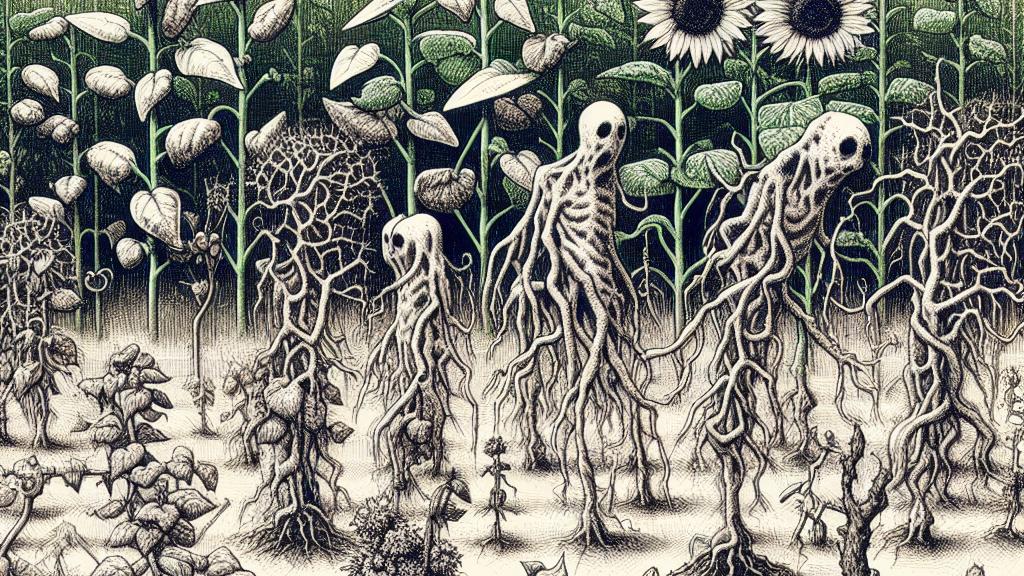Understanding How Plants Remember Stress Without a Brain
Overview
- Surprisingly, plants possess a unique ability to remember stress, much like humans use vaccines for immunity.
- This incredible memory allows them to adapt and thrive even in adverse conditions, showcasing their resilience.
- Understanding plant memory can unlock new strategies to improve crop resilience and food security in the face of climate change.

The Amazing Mechanics of Plant Memory
Imagine a world where plants can remember stressful experiences without needing a brain! This notion might sound bizarre, yet it reflects the astonishing biology of these living organisms. Similar to how vaccines empower us with immunity, plants utilize a fascinating ability called 'immune priming.' After facing threats, like pesky aphids or severe drought, they 'remember' these encounters, empowering them to enhance their defenses for the future. For example, when a bean plant survives an attack from caterpillars, it recognizes this danger and ramps up its defensive responses for future threats. It’s like a student preparing for an exam: once they grasp a tough topic, they’re better equipped to tackle similar ones down the road.
Unlocking Epigenetics: The Key to Plant Memory
So how do plants perform this incredible feat? The answer lies in 'epigenetic changes.' Instead of having special memory cells like we do, plants modify their genetic material in response to the challenges they face. For instance, after surviving a harsh winter, certain plants can make unique marks on their DNA that help them endure future cold snaps without altering their core genetic code. Picture a chef who refines their dish over time; they retain the original recipe yet adjust flavors based on past experiences. This is exactly how plants operate—by adapting their defenses at the genetic level, ensuring they’re ready for whatever comes next, demonstrating remarkable resilience.
Environmental Influences on Stress Memory
But there’s more to this story! Plants also collaborate with their environment, strengthening their memory through interactions with helpful microbes. During stressful periods, many plants exude special chemicals from their roots that beckon beneficial organisms from the soil. For example, when under fungal attack, a corn plant may attract fungi that defend against root diseases. This relationship creates a 'soil legacy' that enriches the environment for future plants, effectively sharing the wisdom of survival. It’s akin to a family passing down cherished recipes, ensuring that not only do they enjoy a meal, but generations benefit from the learned adaptations. This interconnectedness between soil health and plant memory emphasizes the intricate relationships in ecosystems, revealing the importance of understanding these biological strategies.

Loading...